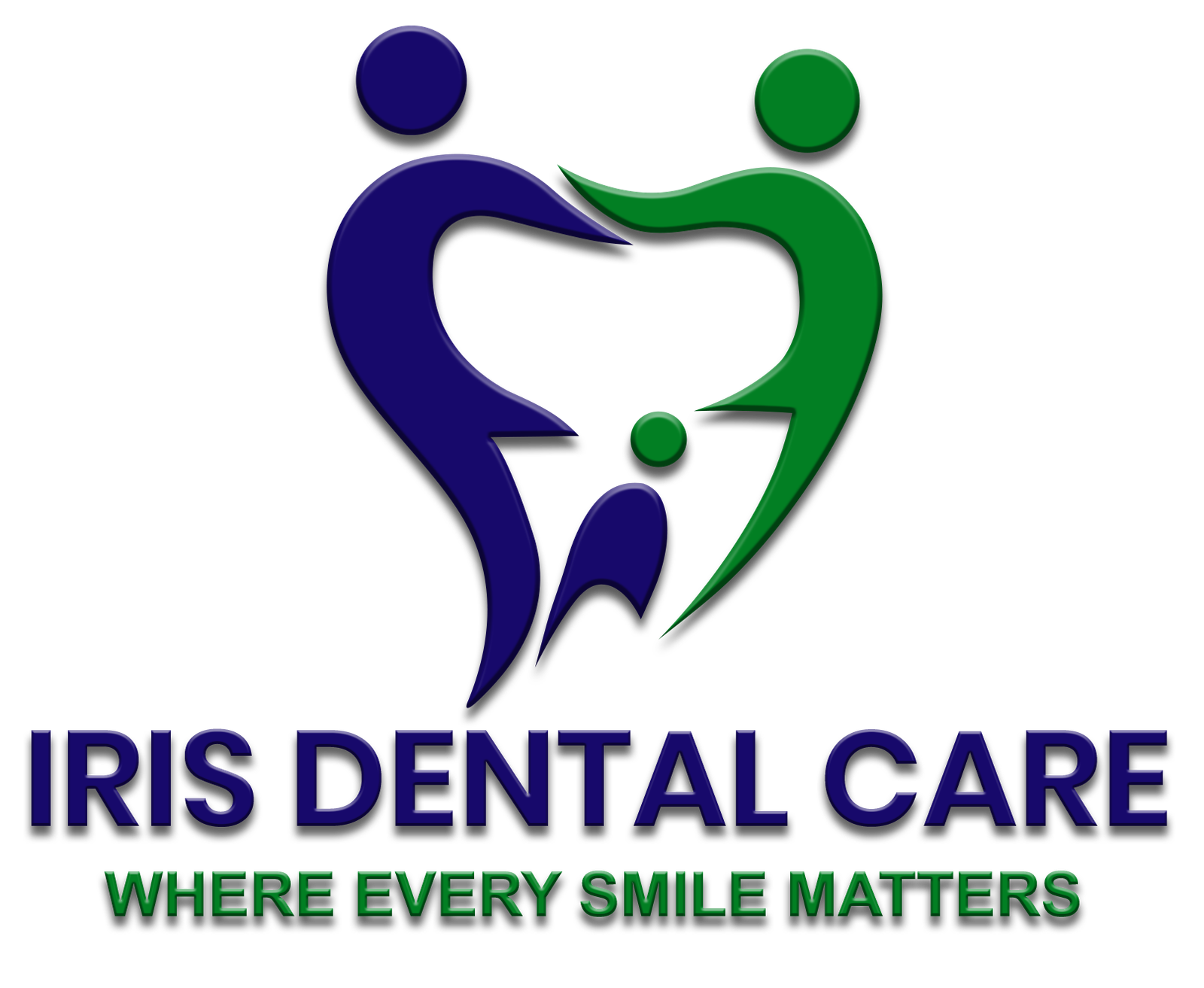Losing a tooth can be a challenging experience, affecting both your appearance and oral health. Thankfully, modern dentistry offers two effective solutions: dental implants and dental bridges. Each option has its own advantages and limitations, and the best choice depends on your specific needs and circumstances. In this blog, we’ll compare dental implants and bridges …
Losing a tooth can be a challenging experience, affecting both your appearance and oral health. Thankfully, modern dentistry offers two effective solutions: dental implants and dental bridges. Each option has its own advantages and limitations, and the best choice depends on your specific needs and circumstances.
In this blog, we’ll compare dental implants and bridges to help you make an informed decision.
What Are Dental Implants?
Dental implants are artificial tooth roots made of titanium that are surgically placed into the jawbone. They act as a foundation for a replacement tooth or crown. Implants are designed to look, feel, and function like natural teeth.
Advantages of Dental Implants
- Durability
With proper care, implants can last a lifetime.
- Natural Appearance and Function
Implants closely mimic natural teeth in both look and feel.
- Bone Preservation
By stimulating the jawbone, implants prevent bone loss and maintain facial structure.
- No Impact on Adjacent Teeth
Unlike bridges, implants do not rely on neighboring teeth for support.
- Easy Maintenance
Cleaning implants is similar to caring for natural teeth.
Limitations of Dental Implants
Cost: Implants are typically more expensive upfront than bridges.
Surgery Required: Implant placement involves a surgical procedure, which may not be suitable for all patients.
Healing Time: It can take several months for the implant to fully integrate with the bone.
What Are Dental Bridges?
A dental bridge is a fixed prosthetic device used to replace one or more missing teeth. It consists of a false tooth (or teeth) anchored to the natural teeth on either side of the gap using crowns.
Advantages of Dental Bridges
- Quicker Procedure
Bridges usually require less time to complete compared to implants.
- Cost-Effective
Bridges are generally more affordable than implants.
- No Surgery Needed
Bridges are non-invasive and do not require surgical intervention.
Limitations of Dental Bridges
Impact on Adjacent Teeth
The supporting teeth need to be reshaped and crowned, which can compromise their health.
Bone Loss
Bridges do not stimulate the jawbone, leading to potential bone loss over time.
Longevity
Bridges typically last 10–15 years, which is less than the lifespan of implants.
Hygiene Challenges
Cleaning under the bridge can be tricky and requires special care.
Comparison Table: Dental Implants vs. Bridges
How to Choose the Best Option for You
- Consider Your Oral Health
If you have healthy gums and sufficient jawbone, implants may be the better choice.
If your adjacent teeth are already crowned or compromised, a bridge might work well.
- Evaluate Your Budget
While implants have a higher upfront cost, their longevity may make them more cost-effective in the long run.
- Think About Long-Term Goals
For a permanent solution that maintains jawbone health, implants are ideal.
If you need a quicker and less invasive solution, a bridge is a good alternative.
- Assess Your Overall Health
Certain medical conditions or medications might make implants less suitable. Discuss your health history with your dentist.
- Consult Your Dentist
At Iris Dental Care, our experts will carefully evaluate your needs and guide you toward the most suitable option.
Conclusion
Both dental implants and bridges are effective solutions for replacing missing teeth, but they serve different needs. Implants offer a permanent, natural-looking solution that preserves bone health, while bridges are a quicker and less expensive alternative for filling gaps.
At Iris Dental Care, we specialize in helping you restore your smile with personalized treatment options, including implants and bridges. Contact us today to schedule a consultation and take the first step toward a healthier, more confident smile!

